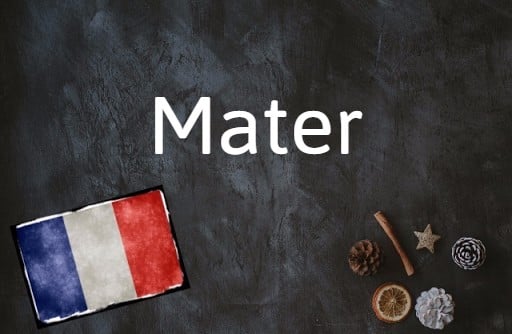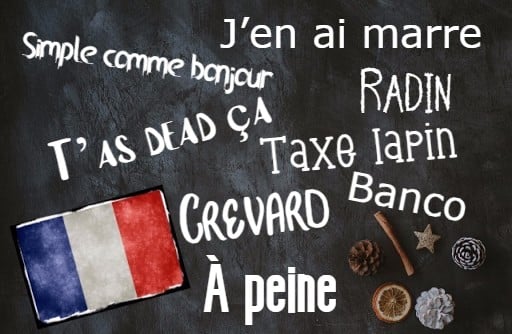Why do I need to know mater?
If you’re a Latin speaker you might know Mater as meaning mother, but in French it has a very different meaning – an informal term that can be very pejorative depending on the context.
What does it mean?
Mater has many different meanings, including “to checkmate” someone when playing chess, but it’s most commonly used as a synonym for regarder – to look at, or to watch.
It’s a slang term that’s often used among friends. For example: ‘Mate cette vidéo !’ – Take a look at this video. That’s for the most neutral usage of the term – it can stand in for the term regarder pretty much anywhere as long as formality isn’t important.
But the term also carries the more specific meaning of checking something, or someone, out. This can be an innocent instruction, as in: ‘Mate le canapé que je viens d’acheter’ – Check out the sofa I just bought.
Or, like the English term, it can refer to staring at, and objectifying, a person.
Then there are also completely different contexts in which the word can be used: to tame an animal, or quash a revolt, for example. And if two people have gotten into an argument and one comes out with a killer punchline that the other has no idea how to respond to, you could say, Il l’a maté – he put him in his place.
Use it like this
Tu veux venir mater un film chez moi ce soir ? – Do you want to come over to mine to watch a film tonight?
Il y avait un mec bizarre qui me matait dans le Métro – There was a weird guy who was ogling me on the Metro
Mon frère me disait que le Canada était le pays le plus froid du monde, mais je l’ai maté en lui montrant les chiffres – My brother was telling me Canada was the coldest country in the world, but I shut him up by showing him the figures



 Please whitelist us to continue reading.
Please whitelist us to continue reading.
Member comments